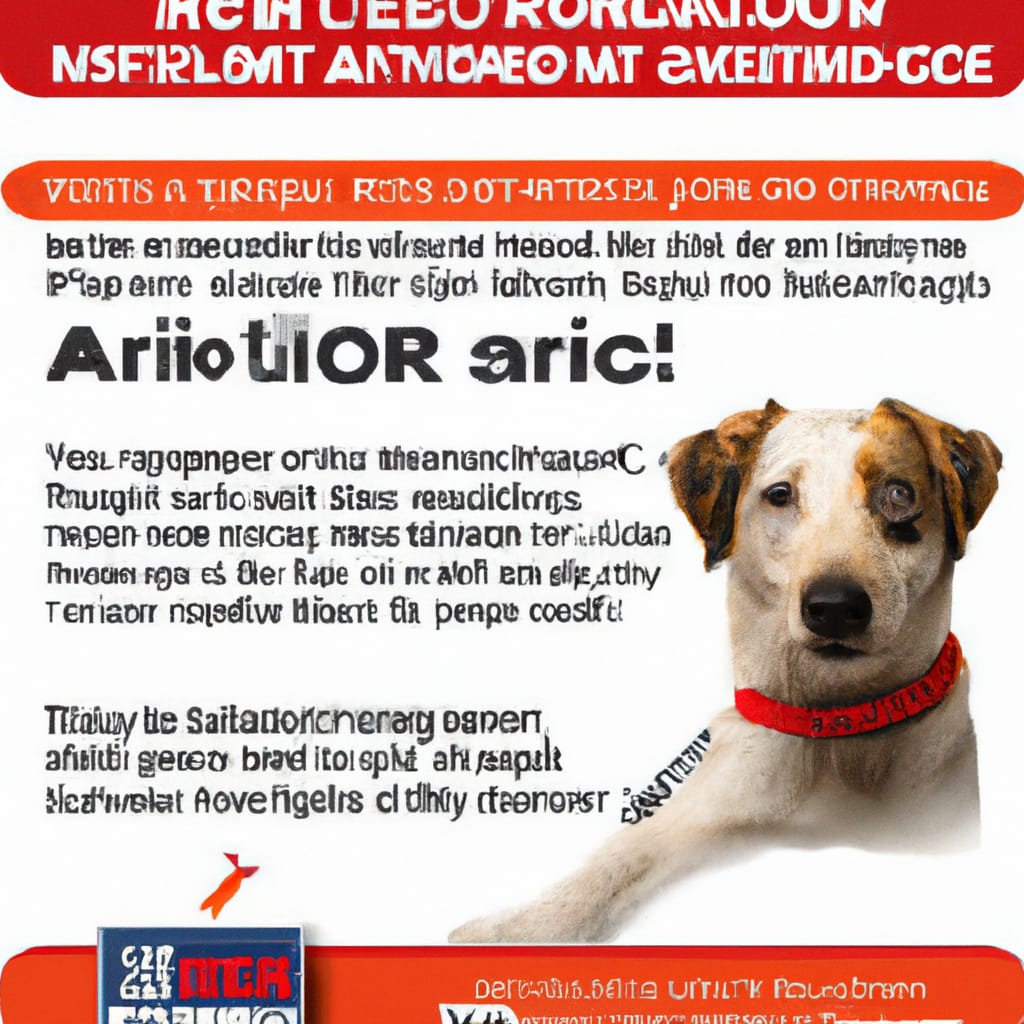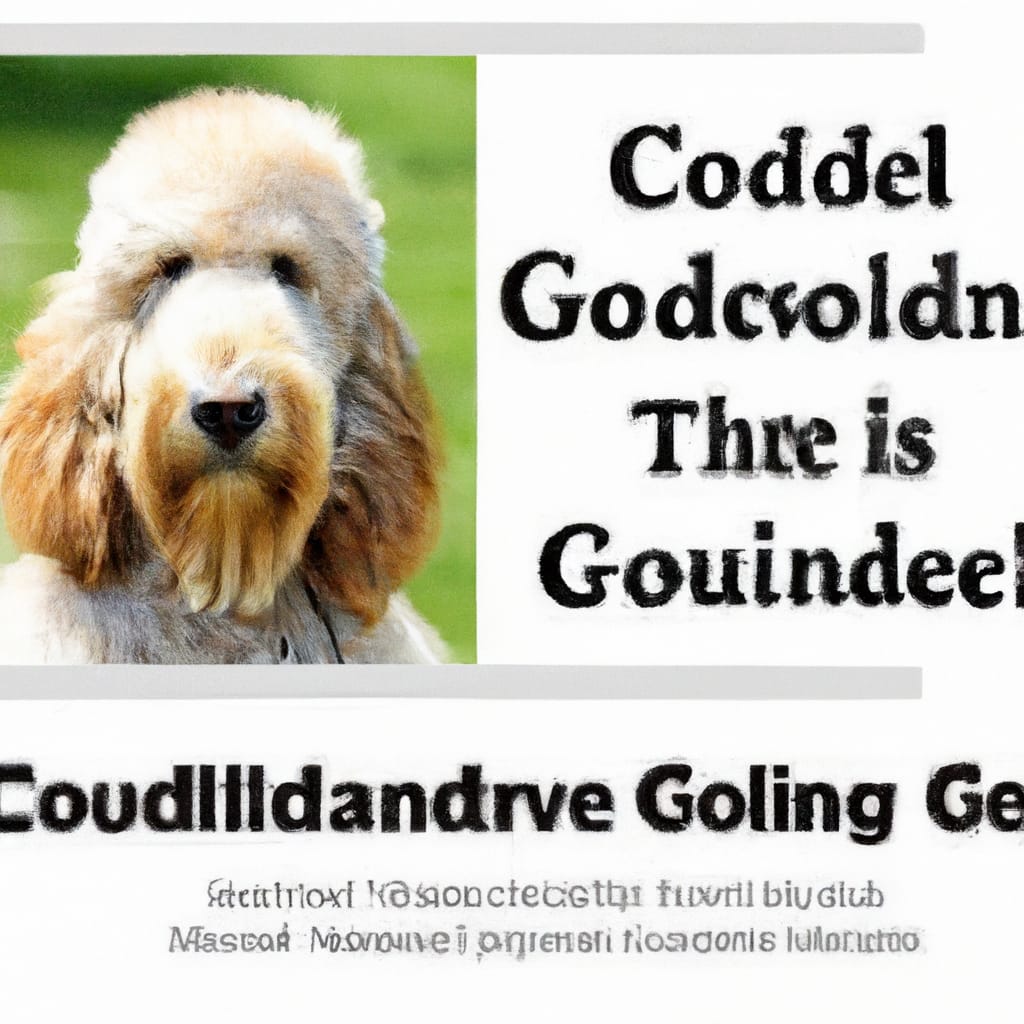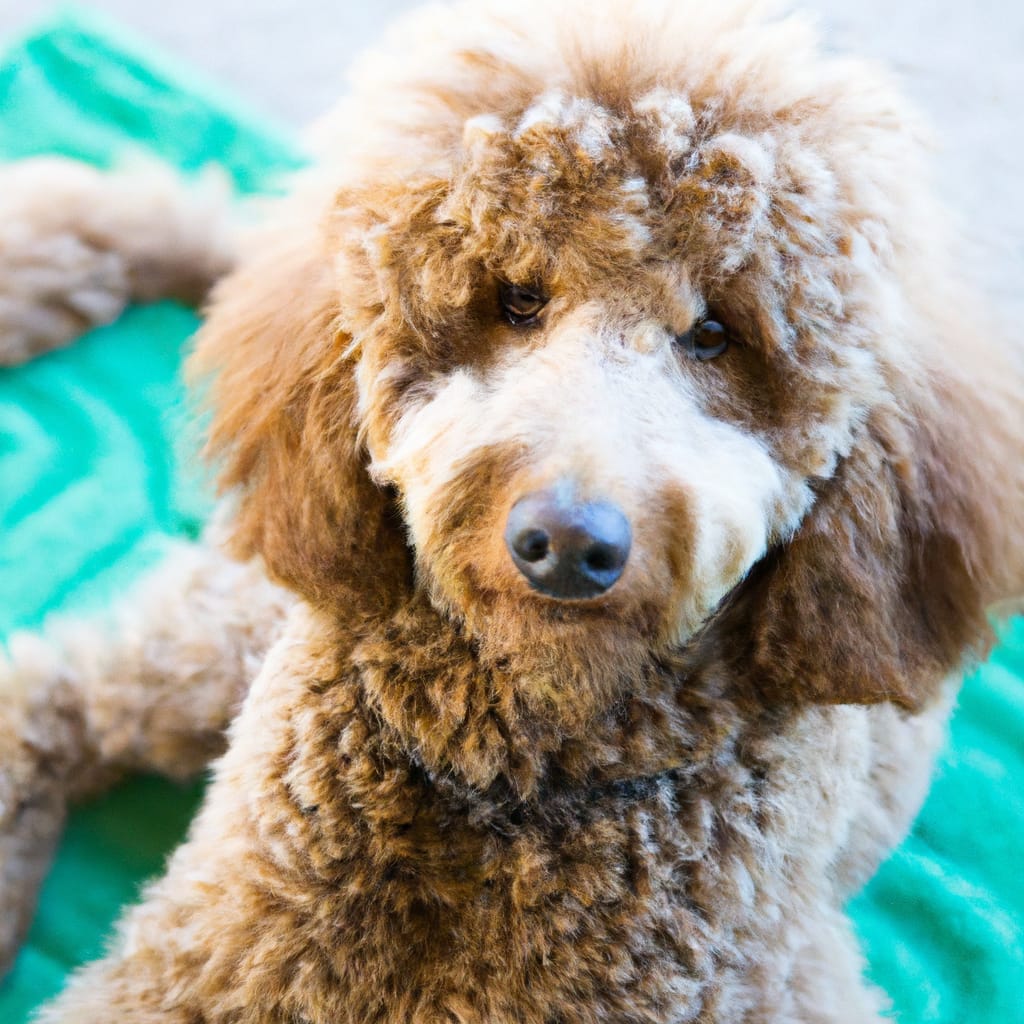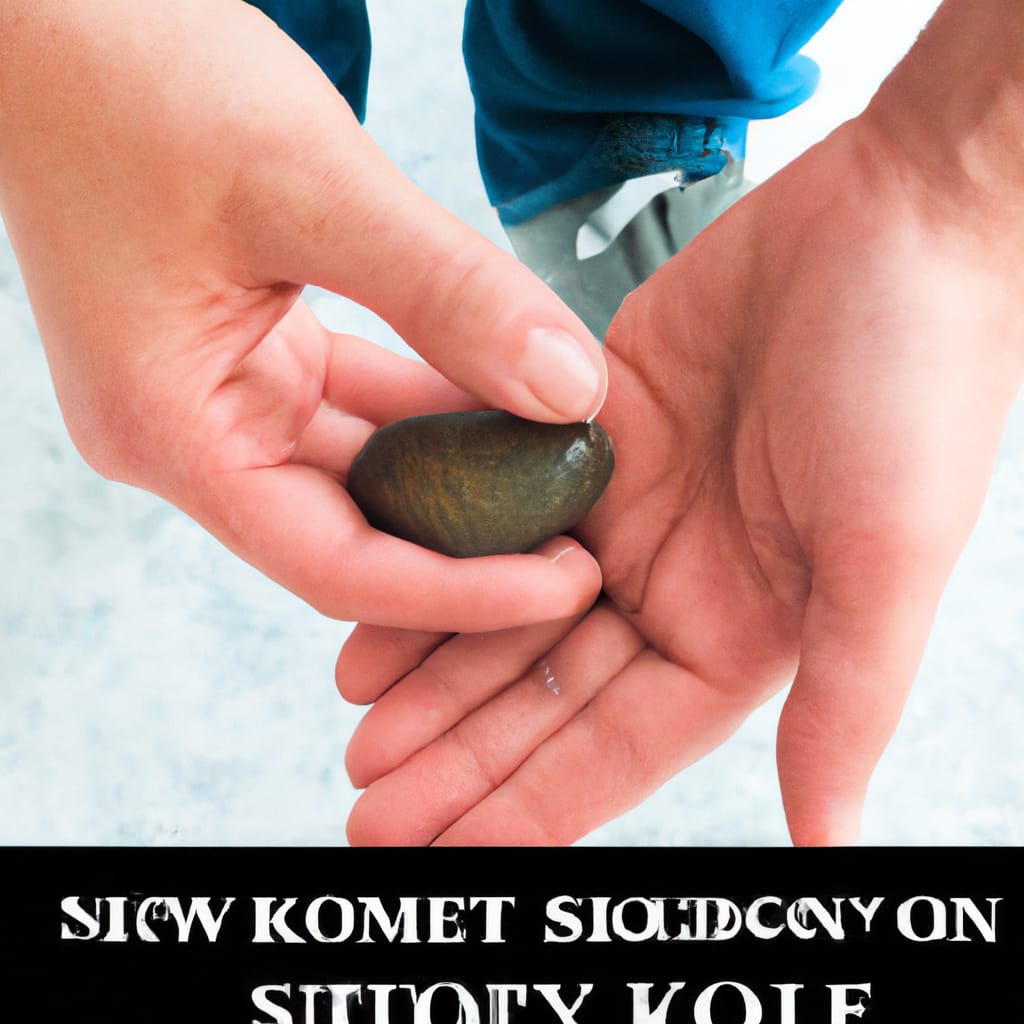Worms In Dog Poop Are Nasty. Here’s How To Get Rid Of Them
If you’re a dog owner, you know that finding worms in your furry friend’s poop can be quite unsettling. Not only are they unsightly, but they can also pose potential health risks to your pup and even yourself. But fret not, because in this article, we’ll show you some simple yet effective ways to get rid of those pesky worms. From preventive measures to natural remedies, we’ve got you covered. So, grab a cup of tea, get comfortable, and let’s tackle this wormy issue together!
What are worms in dog poop?
Worms in dog poop are exactly what they sound like – parasitic worms that are present in a dog’s feces. These worms can vary in size, shape, and color, but they are all harmful and can pose health risks to both dogs and humans. There are several types of worms commonly found in dog poop, including roundworms, tapeworms, hookworms, and whipworms.
Types of worms commonly found in dog poop
-
Roundworms: These are the most common type of worm found in dog poop. They are long, spaghetti-like worms that can grow up to several inches in length. Roundworms can easily be transmitted from mother dogs to their puppies, and they can also be picked up from contaminated soil or feces.
-
Tapeworms: Tapeworms are flat, segmented worms that can resemble small grains of rice. Dogs usually get tapeworms by ingesting fleas that carry the tapeworm larvae. These worms can cause irritation, itching, and discomfort in dogs.
-
Hookworms: Hookworms are small worms with hook-like mouthparts that attach to the intestinal lining of dogs. They can cause anemia, weight loss, and diarrhea in infected dogs. Hookworm larvae can burrow into a dog’s skin, causing a condition known as cutaneous larva migrans.
-
Whipworms: Whipworms are thin, thread-like worms that reside in the large intestine of dogs. They can cause inflammation, weight loss, and bloody diarrhea. Whipworm eggs are extremely resistant and can remain in the environment for years.
Why are worms in dog poop a problem?
Worms in dog poop are a problem because they can cause various health risks for both dogs and humans.
Health risks for dogs
Worm infestations can have serious consequences for dogs, including:
-
Malnutrition and weight loss: Worms can compete with dogs for nutrients, leading to malnutrition and weight loss. This can result in a weakened immune system and an overall decline in the dog’s health.
-
Digestive issues: Worms can cause diarrhea, vomiting, and bloating in dogs. These digestive issues can be uncomfortable and lead to dehydration if left untreated.
-
Anemia: Certain worms, such as hookworms, can cause anemia in dogs by feeding on their blood. Anemia can result in weakness, fatigue, and pale gums.
-
Intestinal blockage: In severe cases, a heavy worm burden can lead to an intestinal blockage. This can be a life-threatening condition that requires immediate veterinary attention.
Health risks for humans
Worms in dog poop can also pose health risks to humans, especially children and individuals with weakened immune systems. Some of the potential risks include:
-
Zoonotic infections: Some dog worms, such as roundworms and hookworms, can be transmitted to humans. These zoonotic infections can cause a range of symptoms, including abdominal pain, nausea, diarrhea, and even organ damage in severe cases.
-
Skin irritations: Certain worm larvae, like hookworm larvae, can penetrate human skin and cause skin irritations.
-
Contamination of the environment: Dog poop containing worm eggs can contaminate soil, water sources, and other areas where humans may come into contact with them. This can increase the risk of infection if proper hygiene practices are not followed.

How can you tell if your dog has worms?
It’s essential to be able to identify if your dog has worms so that you can take appropriate action. There are two primary ways to tell if your dog has worms.
Visible signs in poop
One of the most obvious signs of worms in dog poop is the presence of actual worms. You might notice long, thin worms (like spaghetti) or small white worms that resemble grains of rice in your dog’s feces. However, not all types of worms are visible in the stool, so it’s essential to be aware of other signs as well.
Behavioral changes in dogs
In addition to visible signs in the feces, there are behavioral changes that may indicate your dog has worms. These can include:
-
Increased appetite: Some dogs with worm infestations may show an increased appetite as the worms consume nutrients meant for the dog.
-
Weight loss: Despite an increased appetite, dogs with worms may experience weight loss due to the worms’ interference with nutrient absorption.
-
Lethargy: Worm infestations can make dogs feel tired and lethargic. They may lack energy and enthusiasm for activities they previously enjoyed.
-
Potbellied appearance: A potbellied appearance, where the dog’s abdomen appears bloated or swollen, can be a sign of a heavy worm burden.
-
Itching and irritation: Dogs with tapeworms may frequently lick or drag their rear ends along the ground, indicating discomfort or itching in the anal area.
If you notice any of these signs in your dog, it’s essential to consult a veterinarian for a proper diagnosis and treatment.
Preventing worms in dogs
Preventing worms in dogs is crucial for their overall health and well-being. By taking preventive measures, you can reduce the risk of your dog getting infected with worms. Here are some effective strategies to keep your dog worm-free:
Regular veterinary check-ups
Scheduling regular veterinary check-ups for your dog is essential for maintaining their overall health, as well as for detecting and preventing worm infestations. During these check-ups, the veterinarian will conduct fecal tests to check for the presence of worms or their eggs in your dog’s stool. Early detection allows for prompt treatment and reduces the risk of complications.
Proper hygiene practices
Maintaining proper hygiene practices is essential in preventing worm infestations in dogs. Some hygiene practices to incorporate into your routine include:
-
Regular cleaning of living areas: Thoroughly clean your dog’s living areas such as crates, bedding, and toys. This helps remove any eggs or larvae that may be present.
-
Disposing of feces properly: Always pick up after your dog and dispose of their feces in a sanitary manner. Avoid leaving dog waste in yards or other areas frequented by dogs.
-
Avoiding contact with contaminated areas: Keep your dog away from areas that may be contaminated with feces, such as public parks or areas where stray dogs are prevalent.
By following these hygiene practices, you can significantly reduce the risk of your dog getting worms and maintain a clean and healthy environment for both your pet and your family.

Treating worms in dogs
If your dog is diagnosed with worms, it’s crucial to seek veterinary treatment to eliminate the parasites effectively. A veterinarian will prescribe the most appropriate treatment based on the type of worm infestation. Common treatment options for worms in dogs include:
Consulting a veterinarian
The first step in treating worms in dogs is to consult a veterinarian. The veterinarian will perform a thorough examination and may request a stool sample for testing to identify the specific worm species present. Based on the results, they will recommend the appropriate treatment protocol.
Common treatment options
Once diagnosed, the veterinarian will prescribe medication to kill the worms and help eliminate them from your dog’s system. The specific medications and treatment duration will depend on the type of worms involved. Common treatment options include:
-
Deworming medications: These medications are available in various forms, including tablets, chewables, and liquids. They are designed to kill the adult worms in the dog’s intestines.
-
Follow-up treatments: In some cases, multiple rounds of treatment may be necessary to ensure all stages of the worms are eradicated.
-
Preventive measures: Along with treating the current infestation, the veterinarian may recommend ongoing preventive measures to reduce the risk of reinfection. These may include regular deworming, tick and flea control, and maintaining good hygiene practices.
How to properly clean up dog poop
Cleaning up dog poop is an essential part of responsible pet ownership, especially when dealing with worms. Proper cleaning helps prevent the spread of parasites and helps maintain a clean and healthy environment for both your dog and the people around them. Here are some guidelines for properly cleaning up dog poop:
Use gloves and protective gear
When cleaning up dog poop, it’s important to protect yourself by wearing gloves and other protective gear. This helps minimize the risk of direct contact with any potentially infectious material.
Proper disposal methods
After picking up the dog poop, place it in a sturdy, leak-proof bag. Seal the bag securely to prevent any leakage or odors. Dispose of the bag in a designated garbage bin or follow local regulations for waste disposal. It’s essential not to leave dog waste lying around, as it can contaminate the environment and potentially spread worms to other animals or humans.

Home remedies for getting rid of worms in dog poop
While consulting a veterinarian is the recommended course of action for treating worms in dogs, there are some home remedies that dog owners may consider. These remedies should be used under the guidance of a veterinarian and should not replace proper medical treatment. Some home remedies that may help eliminate worms in dog poop include:
Pumpkin seeds
Pumpkin seeds are believed to have anthelmintic properties, meaning they can help eliminate worms from the digestive tract. Some dog owners have reported success in using ground pumpkin seeds as a natural remedy for worm infestations. However, it’s important to consult a veterinarian before using this method, as the dosage and effectiveness may vary depending on the size and condition of the dog.
Garlic
Garlic is known to have natural antibacterial and antiparasitic properties. Some dog owners use garlic as a supplement to help prevent and treat worm infestations. However, it’s important to note that excessive garlic consumption can be toxic to dogs, particularly in large amounts or over a prolonged period. Always consult a veterinarian before using garlic as a home remedy for worms.
Coconut oil
Coconut oil is believed to have antiparasitic properties and may help in eliminating worms. Adding a small amount of coconut oil to your dog’s food may provide some relief. However, as with any home remedy, it’s best to consult a veterinarian before using coconut oil to ensure it is safe and appropriate for your dog.
Best practices for maintaining a worm-free environment
Preventing re-infestation of worms in dogs requires maintaining a clean and sanitary environment. Here are some best practices to help you maintain a worm-free environment for your dog:
Frequent cleaning of dog’s living area
Regularly clean your dog’s living area, including crates, bedding, and toys. This helps prevent the buildup of eggs or larvae that could potentially cause reinfection. Use pet-safe cleaning products or consult with a veterinarian for recommendations.
Regular deworming schedule
Adhering to a regular deworming schedule is an essential part of preventing worm infestations. Work with your veterinarian to establish an appropriate deworming protocol based on your dog’s lifestyle, age, and risk factors. Regular deworming helps target and eliminate any worms that may be present, preventing them from causing harm to your dog or spreading to other animals.
Preventing re-infestation
Preventing re-infestation is important to keep your dog worm-free in the long term. Here are some measures you can take to minimize the risk of re-infestation:
Maintaining a clean outdoor environment
Regularly clean up your dog’s poop from the yard or outdoor areas to prevent the buildup of worm eggs. Dispose of the waste properly to prevent contamination of the environment. Avoid letting your dog wander in areas where other animals may have defecated, as this increases the risk of exposure to worm eggs or larvae.
Avoiding exposure to contaminated areas
Be mindful of the areas your dog frequents and try to avoid places where there may be a high likelihood of contamination. Public parks, communal dog areas, or spaces with a history of stray or infected animals may pose a greater risk. By limiting your dog’s exposure to potentially contaminated areas, you can decrease the chances of re-infestation.
Conclusion
Worms in dog poop can cause serious health risks for both dogs and humans. It’s important to take immediate action if you notice worms or other signs of infestation in your dog. Regular veterinary check-ups, proper hygiene practices, and prompt treatment are essential for keeping your dog worm-free. By following preventive measures and maintaining a clean and healthy environment, you can ensure the well-being of your beloved pet and protect the health of your family.













